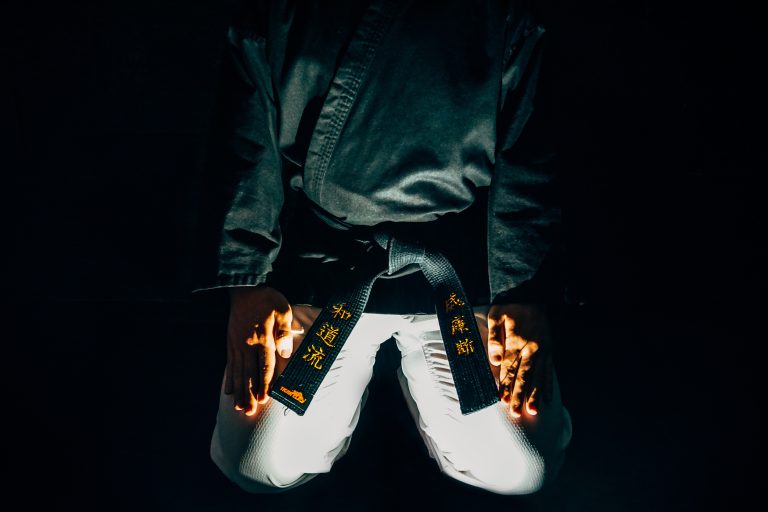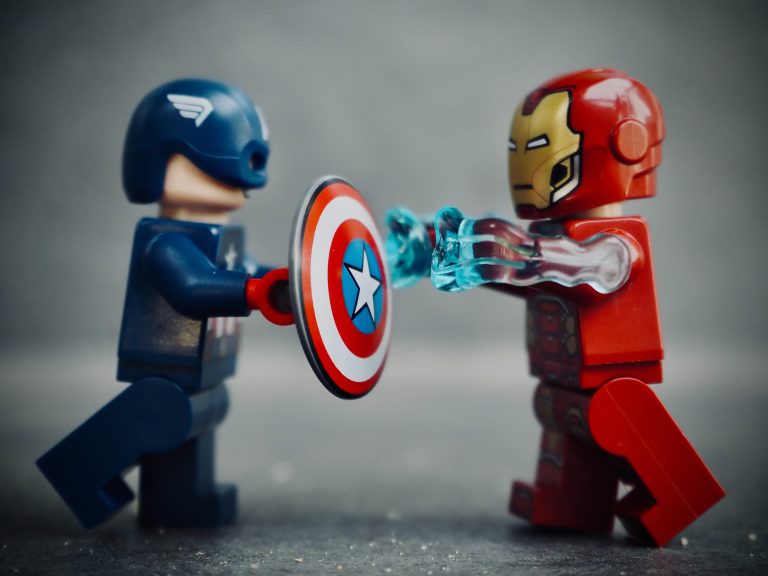Can a Beginner Learn Karate on their Own?
Karate is a martial art that has been around for centuries. It is a combination of physical and mental training, and it requires discipline, hard work, and dedication to master. While some people believe that it’s impossible to learn karate on your own, others think that it’s entirely possible using different resources.
Pros of Learning Karate on Your Own
One of the main advantages of learning karate on your own is the flexibility it provides. You can choose when and where to practice, and you’re not restricted by schedules or other people’s availability. Moreover, some people may feel more comfortable practicing alone, rather than in a group or class setting.
Another advantage is that you can choose your own pace. You can take as much time as you need to master each technique, and you’re not pressured to keep up with others in a class. You can focus on your weaknesses and strengths, and adjust your training accordingly.
Cons of Learning Karate on Your Own
While there are some pros to learning karate solo, it’s important to acknowledge the cons as well. The most significant challenge is the lack of guidance. With no instructor to supervise your training or correct your form, you’re at risk of developing bad habits that can hinder your progress or lead to injury.
Additionally, karate is a martial art that requires a lot of discipline and patience. Practicing on your own can lead to frustration and burnout, especially if you don’t see results quickly. Without the support of a teacher or fellow students, it may be challenging to stay motivated and committed.
How to Learn Karate on Your Own
If you’re still interested in learning karate on your own, there are a few steps you can take to make it easier and safer:
- Watch instructional videos: Look for high-quality videos that demonstrate proper form and technique. You can find many such videos online. However, choose a reputable teacher or school, and be wary of videos that make unrealistic promises.
- Practice in front of a mirror: This will allow you to monitor your form and correct your mistakes. Make sure that your techniques look as close as possible to the videos you’re watching.
- Get feedback: Try to find someone who can provide you with feedback on your progress. It could be a friend who knows karate or someone who’s familiar with martial arts. Consider joining an online karate community, where you can connect with other solo learners and ask for feedback.
- Be patient: Remember that learning karate takes time and effort. Don’t get discouraged if you don’t see immediate progress. Take breaks when you need them, and make sure that you’re not pushing yourself too hard.
- Consider taking occasional classes: Even if you’re primarily learning on your own, it could be helpful to take occasional classes with a qualified instructor. That way, you can receive expert guidance and address any questions or concerns about your training.
Conclusion
Learning karate on your own is possible, but it requires discipline, patience, and a willingness to be self-directed in your training. While it’s essential to acknowledge the limitations of learning without an instructor, using instructional videos, practicing in front of a mirror, and seeking feedback from others can help you progress safely and effectively.
Ultimately, if you’re interested in mastering karate on your own, you should stay realistic about your goals, take care of your physical and mental health, and embrace the challenges ahead of you.
Can a Beginner Learn Karate on Their Own?
Karate is a martial art that originated in Japan and is known for its focus on striking techniques such as punches, kicks, and knee strikes. Many people are captivated by the discipline and the physical and mental benefits it offers, but at some point, beginner students might ask themselves: Can I learn karate on my own? The short answer is: it’s possible, but it’s not recommended. Keep reading to find out why and what alternatives are available.
What is Karate?
Before we delve into the possibility of learning Karate on your own, let’s start with a brief introduction to the art itself. Karate, which translates to „empty hand,“ is a martial art that emphasizes striking techniques involving various body parts such as the hands, feet, elbows, and knees. It also includes blocks and grappling techniques.
Karate comprises different styles, the most popular being Shotokan, Wado-ryu, Goju-ryu, and Shito-ryu. While each style has its nuances and characteristics, their core teachings share the same foundation: discipline, respect, perseverance, and focus. The practice of Karate provides physical fitness, self-defense skills, and emotional stability.
Why Is Learning Karate on Your Own Not Recommended?
While it might seem like a convenient solution, learning Karate on your own is not ideal for several reasons:
1. Lack of Proper Guidance from a Qualified Instructor
Karate is a complex martial art that demands proper guidance and supervision from a qualified instructor. Without a teacher’s guidance, it is difficult to ensure the right technique and proper form, which can result in ineffective or dangerous movements that can lead to injury. An experienced Karate instructor will provide personalized feedback and adjustments during training, which is an invaluable aspect of the learning process that cannot be replicated on one’s own.
2. Inadequate Understanding of Karate Principles
Karate is a martial art based on principles such as respect, perseverance, and discipline. Without proper guidance, it is difficult to understand the meaning and application of these principles, which are crucial to the development of a well-rounded Karate practitioner. Furthermore, an instructor would guide the student’s understanding of the fundamental concepts, including the stances, strikes, and blocks, and ensure that they are learned correctly.
3. Limited Access to Sparring and Training Equipment
Karate training incorporates sparring and other forms of physical conditioning that require specialized equipment, such as punching bags, focus pads, or protective gear. It can be challenging for a student learning on their own to access or afford this equipment, which could limit their training and the execution of more advanced techniques.
4. Risk of Forming Bad Habits
Training without proper guidance often results in developing bad habits that may be difficult to correct later on. Errors in form or technique may become ingrained during training, which can be detrimental to a student’s development.
What Are the Alternatives?
Learning Karate under the guidance of a qualified instructor, within a dojo or other similar training center, is the best way to gain a deep understanding of the art and its principles. Apart from the benefits mentioned above, practicing within a group of students provides opportunities for sparring, training drills, and exchanging ideas, which will all lead to more effective and well-rounded progress.
However, for those who cannot access a qualified Karate instructor or prefer different learning environments, there are other alternatives available:
1. Online Karate Lessons
Many Karate instructors offer online lessons that can be accessed from home. These lessons usually take the form of pre-recorded videos, live streams, or one-on-one sessions. While they might lack the personalized feedback of in-person training, they can still offer valuable insights into technique and principles that can be beneficial.
2. Karate Books and Videos
There are many books and instructional videos available that cover Karate fundamentals and can serve as a helpful reference for those learning on their own. These resources should be used in addition to in-person training, as they cannot replace the feedback and correction that a qualified instructor can provide.
3. Training with a Partner
If you have a training partner who is also interested in Karate, practicing together can provide a supportive and challenging environment. While it is still recommended to have guidance from a qualified instructor, practicing with a partner can help develop sparring and self-defense skills.
Conclusion
In summary, while it is possible to learn Karate on one’s own, it is not recommended. Without proper guidance from a qualified instructor, it can be difficult to develop the appropriate technique, understand Karate principles, and access the necessary equipment. Karate training under the guidance of an experienced instructor provides the most effective way of learning the art, but online lessons, videos, and training with a partner can be supplementary options for those who prefer different learning environments.
Inhaltsverzeichnis





